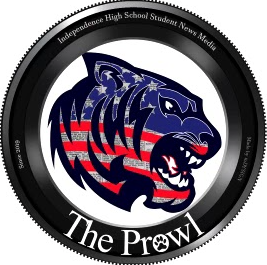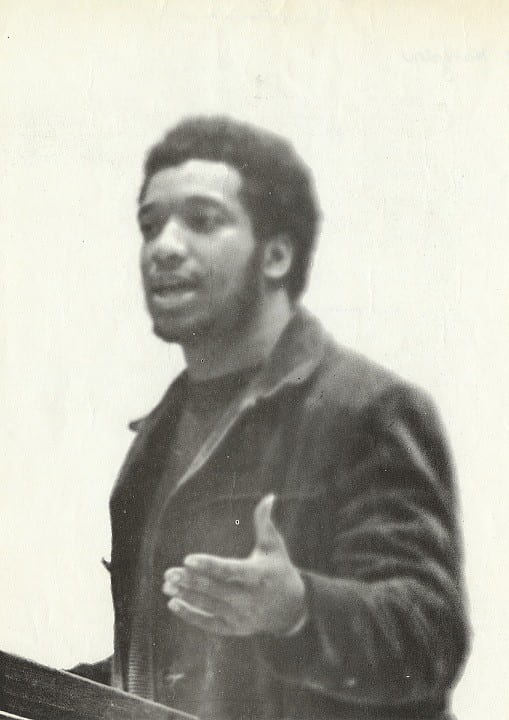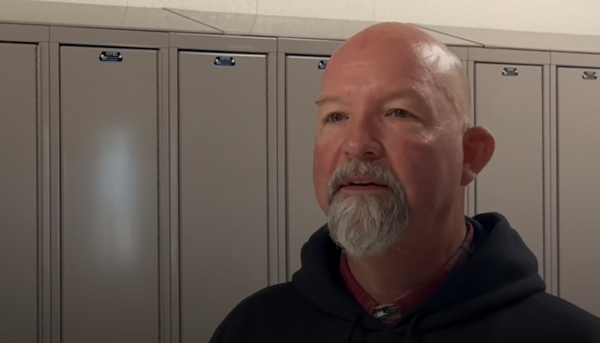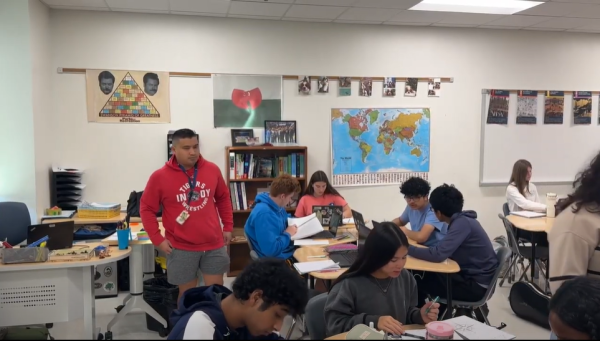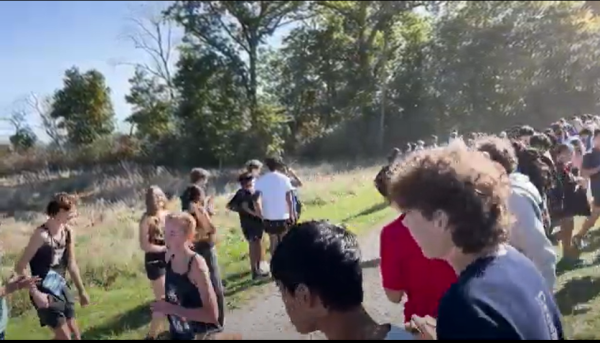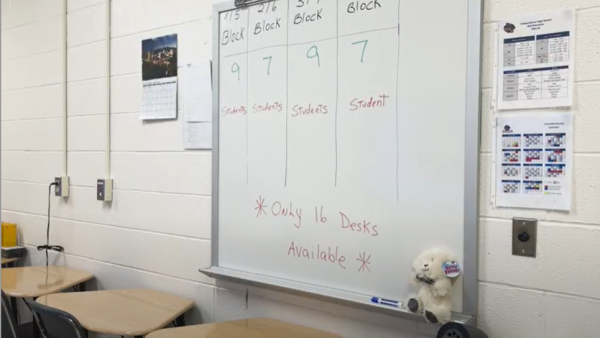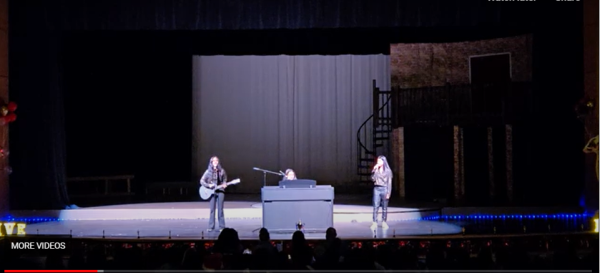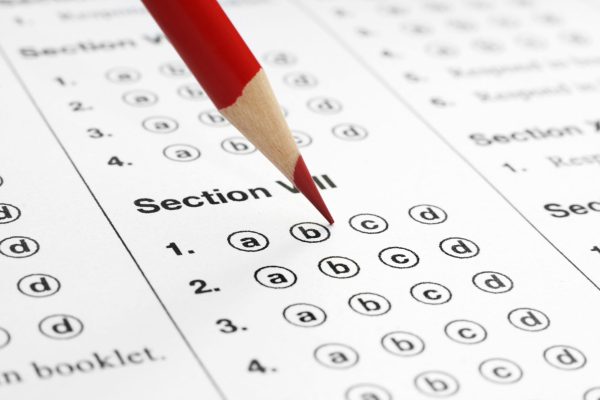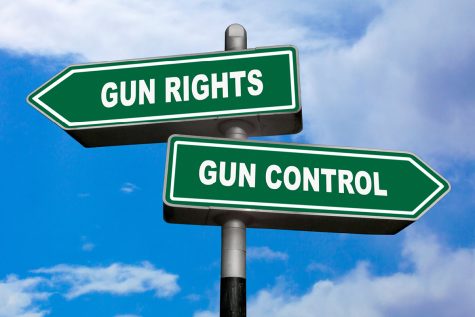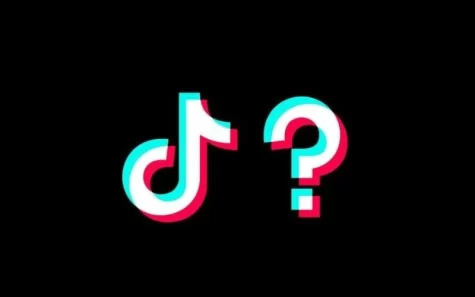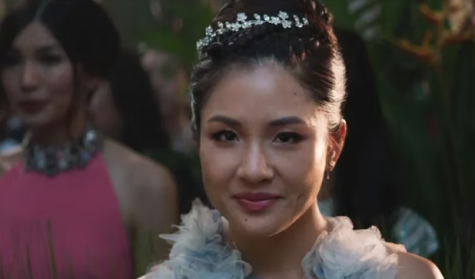A Short History Of Fred Hampton’s Life
December 4th, 2020 marked the 51st anniversary of the assassination of Fred Hampton, a Black Marxist-Leninist revolutionary who was the Chairman of the Illinois chapter of the Black Panther Party, by the Chicago Police Department in collaboration with the Federal Bureau of Investigation (FBI).
Hampton was born on Aug. 30, 1948, and grew up in Maywood, a suburb of Chicago. During his early childhood, he helped control traffic in his elementary school to make sure students crossed the street safely. In high school, he joined his school’s Inter-racial Cross Section Committee and fought against the racist practices conducted by the school. In 1967, Hampton and many others tried to have an integrated pool built in Maywood, Illinois. During demonstrations, Hampton and 17 other young people were beaten by police officers and charged. The event led him to enroll in Triton Junior College in River Grove, Illinois, majoring in pre-law to study law to use it as a defense against police.
Around this time, Hampton became interested in the emerging Black Panther Party. The Black Panther Party was a revolutionary organization founded by college students Huey P. Newton and Bobby Seale in Oakland, Calif. in 1966 to protect against and end systemic racism and violence against Black people. The Party also aimed to establish revolutionary socialism through mass community organization. In their Ten-Point Program, written that same year, some of the things they called for were the ending of police brutality and housing discrimination along with equal distribution of land, food, housing and clothing toward Black communities.
The Black Panther Party’s ideology was Marxist-Leninist and influenced by the self-determination ideology of previous Black liberation activists like Malcolm X. They also were influenced by ideologies intertwined such as anti-fascism and anti-imperialism. They embraced these ideologies by incorporating ideas calling for positive social services and self-defense for Black people into practice. They also called for international working-class unity as well.
They launched a free food distribution program for schoolchildren, known as the Black Panthers’ Free Breakfast For School Children, which from 1969 to the early 1970s ended up feeding tens of thousands of hungry kids. The Sun-Reporter wrote at the time that many children fed by the program had never eaten breakfast before. Many mutual aid organizations today have programs modeled after it. The Black Panther Party also opened free medical clinics and created the first nationwide testing and screening program for sickle cell anemia. They trained volunteers to go door-to-door and give free fingerstick tests.
They would self-defend from police brutality by copwatching. Members would arm themselves and follow the police, observing stoppings of Black drivers to prevent acts of harassment and brutality committed by police officers. In Newton’s 1973 autobiography, Revolutionary Suicide, he wrote that “We were no longer their subjects but their equals” when the Party did this. Hampton acknowledged and applied the influence of this, saying in a speech that “ We’re gonna organize and dedicate ourselves to revolutionary political power and teach ourselves the specific needs of resisting the power structure, arm ourselves, and we’re gonna fight reactionary pigs with international proletarian revolution. That’s what it has to be. The people have to have the power—it belongs to the people.” Though the police would crack down forcefully on this practice as the years went by, this practice influenced copwatching in different forms by people through many eras, making light of the racist nature of policing in America in future generations.
In November 1968, Hampton, Bobby Rush and ten others formed the Illinois Chapter of the Black Panther Party. Immediately, they created a free breakfast program for children and free medical and rehabilitation clinics. They formed a “rainbow coalition” with other groups such as the Young Lords Organization, a Puerto Rican revolutionary group, and the Young Patriots Organization, an organization founded by white Southerners to solidify a class-conscious, multiracial alliance under the chapter’s direction. The coalition raised community issues such as police brutality and poverty while coming out and supporting each other during demonstrations.
Hampton was also able to broker a non-aggression pact among the city of Chicago’s most powerful street gangs, encouraging them to stop fighting each other. According to Michaela Warnsley, he urged them to “turn their anger and guns on their oppressors, not one another.” She also wrote about how he encouraged former alcoholics to seek help. There was also a schedule that included him teaching daily morning political classes. He also launched a project for community supervision of the police, with weekly rallies and participation in strikes.
Hampton was a Marxist-Leninist, and alongside the ideology’s namesakes, he was influenced by other revolutionaries such as Mao Zedong and Che Guevara. This shaped many initiatives started under him, such as the free breakfast programs. The program was a success, as he pointed out in a speech that “Our Breakfast for Children program is feeding a lot of children and the people understand our Breakfast for Children program.” He also encouraged the engagement of the masses in the revolutionary struggle, knowing that revolution could not occur without involving them.
His speeches talked about the intersectionality between racism and capitalism while emphasizing the need for Black liberation and proletarian revolution. In a speech given to Northern Illinois University in November 1969, he spoke on how the trans-Atlantic slave trade paved the way for capitalism to expand the way it has. He said that “When they brought slaves over here, it was to make money. Then the slaves came over to make that money.” In another, he spoke about how white capitalists used racism to divide working-class white and colonized people, saying that “they want to keep you to believing that I’m your enemy.”
Hampton rose quickly in the Black Panther Party due to his organizing skills and speeches, which were popular among many attendees. He would end up taking a larger role in the Black Panthers’ free breakfast program as well. Soon, Hampton became the Chairman of the Illinois chapter of the Black Panther Party, which automatically made him a national Black Panther Party deputy chairman. At the time of his death, he was on his way to becoming a part of the Party’s Central Committee Chief of Staff.
Hampton was assassinated in his apartment on Dec. 4, 1969 by the Chicago Police Department in collaboration with the FBI. The FBI had decided to set up an armed raid on his apartment after years of illegal surveillance of him. After returning home from teaching a political education course, one of his bodyguards, William O’ Neal, who had been arrested by the FBI a few years earlier at the age of 17 and became an informant in exchange for charges being dropped, drugged him. At 4:45 in the morning, a heavily armed police team stormed the apartment and executed him in his sleep, along with Mark Clark, another activist in the Party. Under a barrage of 99 bullets, Hampton’s wife, who was then pregnant and sleeping beside him, barely escaped unharmed.
Hampton was not the only one. The U.S. Government knew the Panthers threatened their oppressive hold, and would take drastic measures to stop it. Under the FBI’s COINTELPRO program (which violently targeted other civil rights and left organizations during this period) they used surveillance and infiltration to weaken the Party. As a result, the program and the police officers working as a part of it killed 28 Black Panther Party members and imprisoned another 750. Even today, there are still Black Panther Party members in prison who were persecuted for being a part of the organization. This was a main reason that led to the Party’s decline in membership over the 1970s, and by the early 1980s the Party dissolved.
Although the FBI’s COINTELPRO program and its actions toward Fred Hampton and the Party have been known for years, released documents in early February revealed there was a plan by the FBI to cover up what they did. According to author Jeff Haas, “Because the Black community was so outraged and there was a lot of pressure, they called a special grand jury, where they allowed the FBI agent who talked about who fired the guns, but they didn’t allow anybody to talk about the floor plan or the role of the informant, William O’ Neal, in setting up the raid and getting a bonus for it. So, that was kept quiet.” The documents also revealed that the then-head of the FBI, J Edgar Hoover, with other officers involved in the raid celebrated what happened.
Despite the U.S. government’s actions, however, Hampton and the Black Panthers continue to have an important legacy. Many of the things Hampton fought against, such as the violence of the racist police state and capitalist economy, are things that still and always have defined the United States. As the years have gone by, his message that proletarian revolution is necessary, along with the ending of racism and capitalism need to be heard, perhaps more than ever. As said in the December 13th, 1969 issue of the Party’s newspaper that commemorated Hampton’s life, “He saw and experienced the hunger, the pain, the agony and the death that is part and parcel of the Amerikkkan way of life. Deputy Chairman Fred checked out history and learned the very nature of this decadent fascist society.”
Author’s Note:
I started writing this article back in December to commemorate the 51st anniversary of Fred Hampton’s death. Many have assumed Fred Hampton and the Black Panther Party to be “controversial” going back to when the party was at its peak of influence in the late-1960s. This can lead to misrepresentation, especially when people don’t know the full scope of the things the Party fought against. It’s necessary to be honest about the United States’ wide history of atrocities. I also think people who read this article should think about these things and how they relate to modern-day circumstances. This article is the product of long study to commemorate Hampton’s death and paint the most accurate representation of Hampton possible. Admittedly, as someone who is still learning and developing my position/beliefs every day, there are things I don’t know that I’ll regret putting later on. Some may read this article and disagree with the line the Black Panther Party had, but all writings, as I see them, are educational in a way, and if you want to educate people, you have to be honest.
